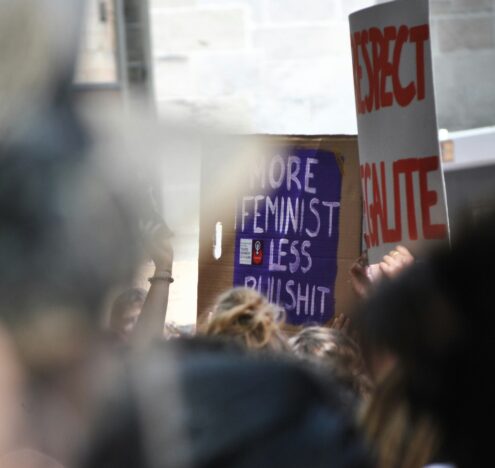Greg is an artist whose clients include Magic the Gathering and Dungeons and Dragons. And much like a lot of the folks striking in Hollywood right now, he’s ticked off about AI.
It’s a story we hear a lot these days: AI is having an impact on everything in our lives, and it’s killing creators’ livelihoods.
What we don’t hear, though, is what that story has to do with the people seeking asylum in the United States every day.
In this episode, we’ll show you how their lives can be forever changed by similar large language models to the ones used to copy Greg’s art.
Guests:
Greg Rutkowski, visual artist; Ariel Koren, founder and CEO, Respond Crisis Translation; Uma Mirkhail, Afghan languages team lead, Respond Crisis Translation; Andrew Deck, reporter, Rest of World
Thanks Also To:
Leila Lorenzo, policy director, Respond Crisis Translation
Additional Resources:
AI Translation Is Jeopardizing Afghan Asylum Claims, Andrew Deck, Rest of World
Seeking Asylum at the u.s.-Mexico Border? You’d Better Speak English or Spanish, Andrew Deck, Rest of World
Learn about Respond Crisis Translation here.
See more of Greg Rutkowski’s art here.





















